Twenty years ago, hardly any public organization offered digital services. Today, digital technologies shape our lives, organizations, economies and societies, creating opportunities that we must take and risks that we must tackle.
By strengthening digital know-how and partnerships for inclusive and responsible digital services, United Nations entities can improve their work, help empower societies, close the digital divide and address risks of harm.


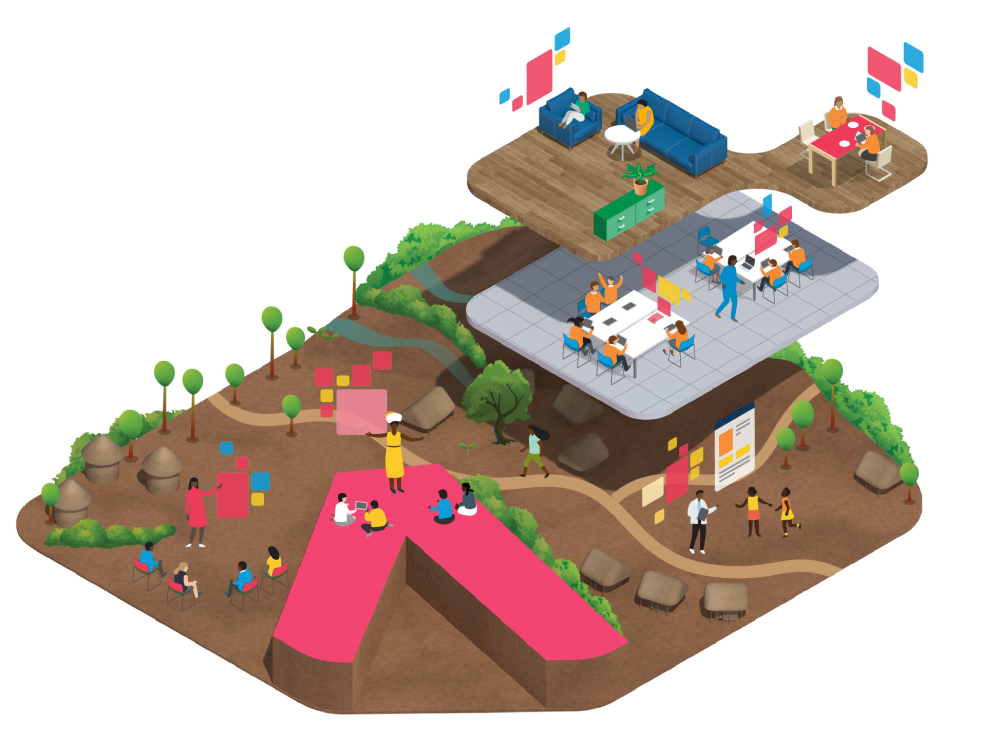

Building modern digital capacities means transforming an organization’s technologies, skills and processes towards digitally enabled solutions that improve connectivity, service delivery, stakeholder collaboration, engagement and decision-making – in ways that are secure, responsible and inclusive.
“To serve Member States to the best of our ability, we need to take advantage of digital technologies to upgrade how we plan, learn, recruit and work.”

The United Nations system is only beginning to fully embrace digital opportunities. Read the full chapter of the policy brief on how we expand expertise, what the goals are, and what benefits to expect.
How UN leadership, colleagues and youth from across the globe are getting inspired by and sparking action around UN 2.0
UN 2.0 represents a transformative vision, where tourism plays a critical role in fostering sustainable development and inclusive growth. By working together, leveraging the power of technology, we can create a more resilient, responsible sector contributing to a better world.
UN 2.0 represents a transformative vision, where tourism plays a critical role in fostering sustainable development and inclusive growth. By working together, leveraging the power of technology, we can create a more resilient, responsible sector contributing to a better world.
New technologies present new opportunities to disrupt gender-based discrimination and violence, and accelerate development and peace. As technology races ahead, survivors of conflict-related sexual violence must not be left behind.
New technologies present new opportunities to disrupt gender-based discrimination and violence, and accelerate development and peace. As technology races ahead, survivors of conflict-related sexual violence must not be left behind.
We must harness innovation for fairer and safer societies. Digitization and modern tools can improve access to justice, better predict illicit markets, and limit corruption.
We must harness innovation for fairer and safer societies. Digitization and modern tools can improve access to justice, better predict illicit markets, and limit corruption.
To be faster and more efficient can save lives. Transforming UN operations can make the difference – new technologies must be for the benefit of those we serve.
To be faster and more efficient can save lives. Transforming UN operations can make the difference – new technologies must be for the benefit of those we serve.
If we don’t focus on the appropriate development and deployment of digital technologies to help bridge divides and scale innovations, we will fall far short of achieving the 2030 Agenda.
If we don’t focus on the appropriate development and deployment of digital technologies to help bridge divides and scale innovations, we will fall far short of achieving the 2030 Agenda.
Digital innovations must be accessible and applicable across all strata of community to be truly impactful.
Digital innovations must be accessible and applicable across all strata of community to be truly impactful.
By consistently innovating and leveraging new technologies, we can strengthen existing early warning systems for Genocide and other atrocity crimes, including through stronger detection and response to online and offline hate speech. Digital technologies provide new tools to support documentation of and promote accountability for Genocide and other atrocity crimes.
By consistently innovating and leveraging new technologies, we can strengthen existing early warning systems for Genocide and other atrocity crimes, including through stronger detection and response to online and offline hate speech. Digital technologies provide new tools to support documentation of and promote accountability for Genocide and other atrocity crimes.
Artificial intelligence will transform many aspects of our lives. International regulations will be key to ensure it is used for the benefit of all.
Artificial intelligence will transform many aspects of our lives. International regulations will be key to ensure it is used for the benefit of all.
What inspire me about “UN 2.0” is the drive and adaptation the organization is trying to archive by trying to bridge the lines between digital and physical understanding of the world and young people at large. I believe in the core values that the UN is built on, and I’m very much interested in seeing what we can achieve together to bring a sustainable and peaceful world.
What inspire me about “UN 2.0” is the drive and adaptation the organization is trying to archive by trying to bridge the lines between digital and physical understanding of the world and young people at large. I believe in the core values that the UN is built on, and I’m very much interested in seeing what we can achieve together to bring a sustainable and peaceful world.
The world has and is still transitioning into a digital space and I think it’s only fair enough we transition alongside it.
The world has and is still transitioning into a digital space and I think it’s only fair enough we transition alongside it.
We fully support the UN 2.0 initiative and the call for stronger UN capabilities in areas such as data, digital, innovation, strategic foresight, and behavioural science. As the UN Agency for Digital Tech, we are committed to continuing to strengthen our own capabilities in these areas and to collaborating with the United Nations and other stakeholders to help others to also do so. In particular, we recognize the critical role that digital technologies can play in advancing the sustainable development agenda and look forward to working together to harness their full potential for the greater good.
We fully support the UN 2.0 initiative and the call for stronger UN capabilities in areas such as data, digital, innovation, strategic foresight, and behavioural science. As the UN Agency for Digital Tech, we are committed to continuing to strengthen our own capabilities in these areas and to collaborating with the United Nations and other stakeholders to help others to also do so. In particular, we recognize the critical role that digital technologies can play in advancing the sustainable development agenda and look forward to working together to harness their full potential for the greater good.
Today’s world faces different situations and challenges than before. The pandemic has once again reminded us of the importance of digitalization, and the rapid development of artificial intelligence in the past few years has provided us with more possibilities to solve development problems. I am glad that the United Nations has been able to keep pace with the times and better serve the world by changing the way it operates.
Today’s world faces different situations and challenges than before. The pandemic has once again reminded us of the importance of digitalization, and the rapid development of artificial intelligence in the past few years has provided us with more possibilities to solve development problems. I am glad that the United Nations has been able to keep pace with the times and better serve the world by changing the way it operates.
UN 2.0 is about leveraging our connections across the globe, with teams and projects active in over 160 countries. Click on the map to learn more.
The location indicators on this map are illustrative and do not necessarily show where entities are based. The depiction and use of boundaries, geographic names and related data shown on maps are not guaranteed to be error free, nor do they imply official endorsement or acceptance by the United Nations.

An ITU-UNICEF initiative dedicated to connecting every school to the internet using AI, satellite imagery, and blockchain technology.

UNEP partners with major players in the gaming industry. By placing green activations in games, they make use of their massive reach among young people for learning and acting in support of the environment.
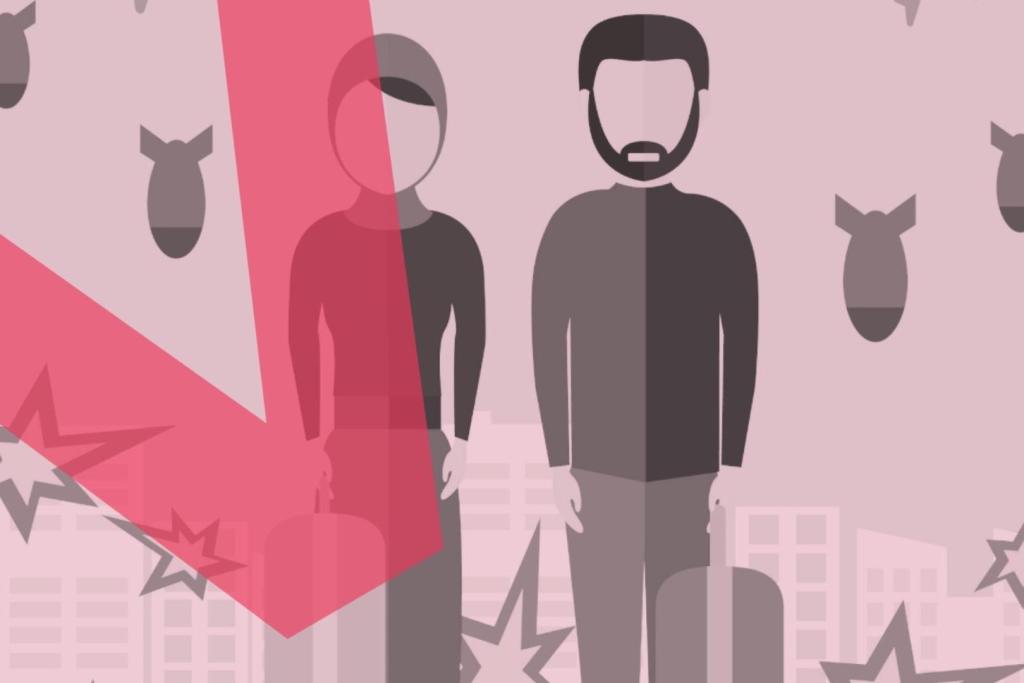
An online psychosocial support platform providing mental health support in to over 10,300 cases in post-earthquake Syria.

A Partnerships for Scale Programme designed to find, match, and connect ready-to-scale digital solutions with the urgent needs of UNDP Country Offices and governments in 170 countries.

Supporting governments in establishing interoperable, secure IT infrastructure for national development. It offers digital building blocks for governments to use IT technologies, while minimizing costs and dependencies.

The ‘Smart Village’ model uses digital development for real impact of multiple SDGs in rural regions. An integrated SDG platform provides bespoke digital solutions, transforming health, education, commerce, and agriculture sectors.
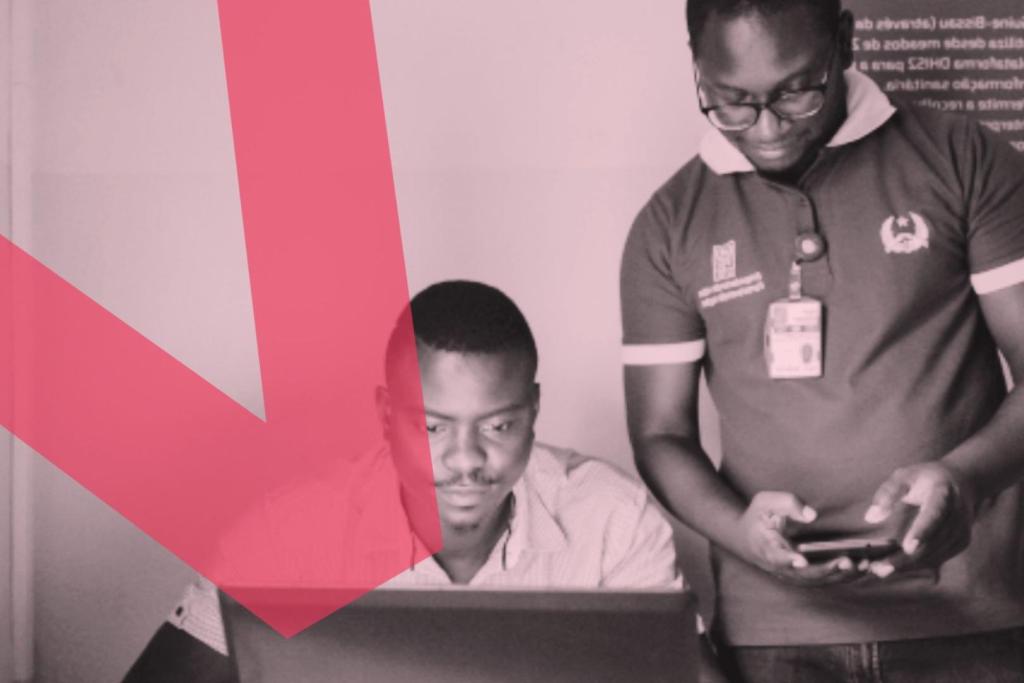
With this strategy, UNDP puts forth a long-term vision to create a world in which digital is an empowering force for people and planet.

The UN Hub for Human Rights and Digital Technology upholds human rights in our increasingly digital world, providing key texts, analysis, and recommendations for online and offline respect.

UNHCR has launched a Digital Transformation Strategy 2022-26 which identifies priority outcomes in the areas of digital inclusion, digital protection and digital services.

The G5 Accelerator brings together high-value tools and resources offering practical, step-by-step support for countries already embarked or planning to embark on their digital transformation journey – for collaborative digital policy and regulation.
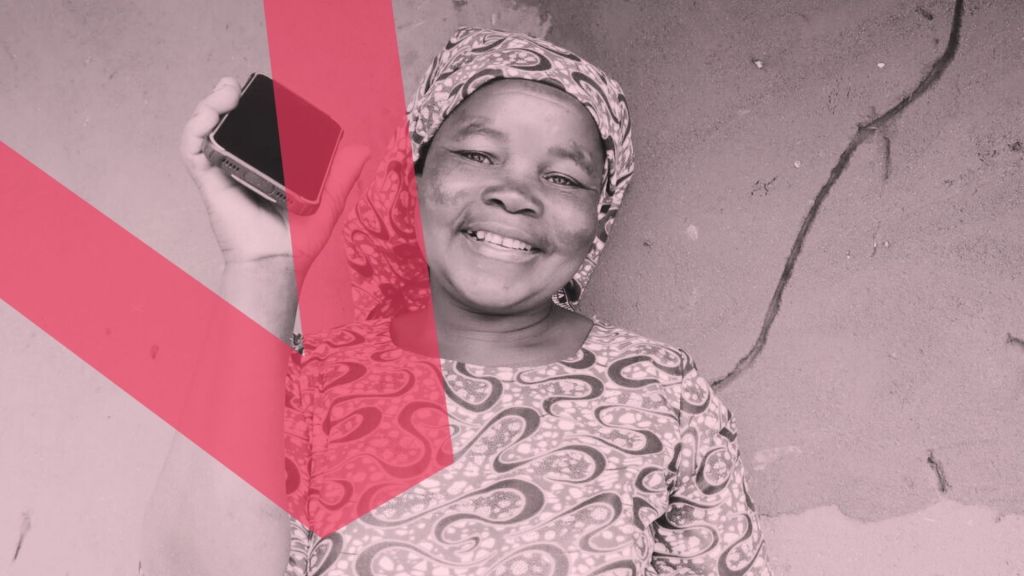
The Information and Technology Strategy 2023-2026 maps WFP’s vision for the future of technology, evidence, and innovation. The actions stemming from this strategy will improve WFP’s performance, driving the efficiency and effectiveness gains that country offices need to sustainably save and change lives.
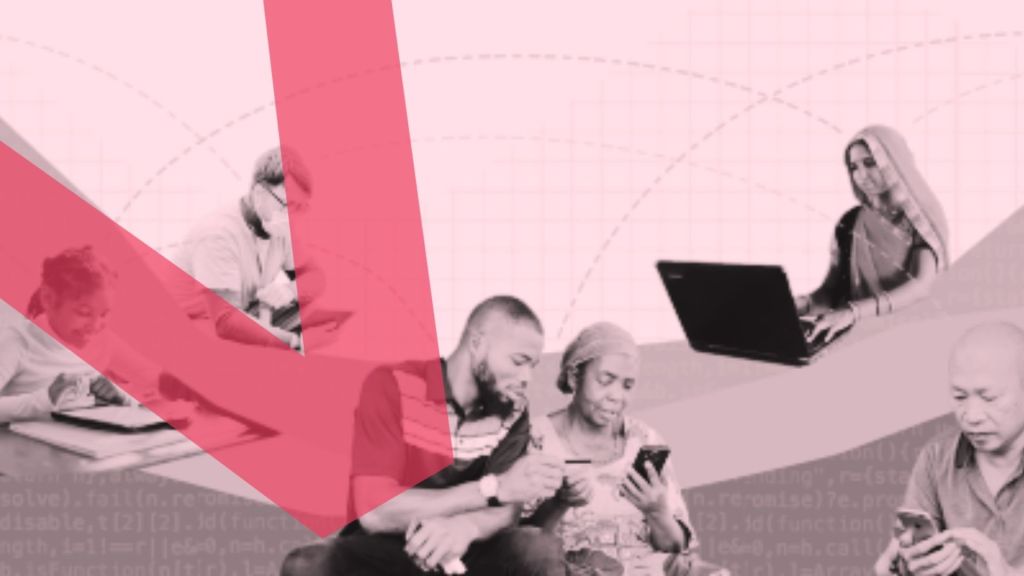
For countries in the early stage of their Digital Public Infrastructure (DPI) adoption journey, or for those that might be just beginning to embrace this novel concept: where should they start? Beyond the definitions and principles, what are some practical steps they need to consider? This DPI playbook is designed as a practical and public resource that low and middle-income countries (LMICs) in particular can utilize in building an inclusive and rights-based DPI.
Develop scalable digital solutions for all programmes, support member states in building inclusive, sustainable and resilient digital ecosystems, help bridging digital gender divides and supporting international digital cooperation.
Prioritize digital approaches in all programmatic and operational areas, pursue a use-case-driven and gender-responsive approach through human-centred design, while safeguarding against the risks of digital technologies.
Empower teams with access to digital literacy training, centres of excellence and cultivating digitally fluent cultures, engage all UN leadership, integrate digital across job profiles, leverage technology, and align governance and metrics.
We use cookies and other identifiers to help improve your online experience. By using our website, you agree to this. To learn more, including how to change our settings, see our cookie policy.